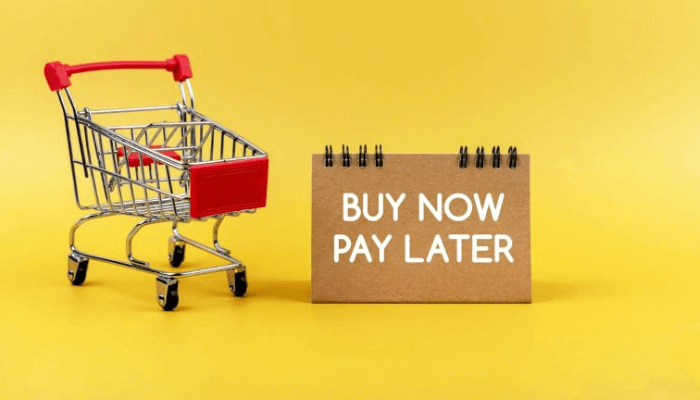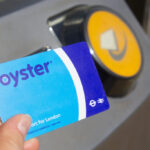By Agbai Sharonjoyce
As the costs of household appliances and electronic gadgets have surged in recent years thanks to rampant inflation, Buy Now, Pay Later schemes have emerged as a boon for Nigerian consumers.
Generally these schemes offer finance options that allow consumers to purchase goods immediately and pay for them in small installments spread over weeks or months.
Globally, BNPL services like PayPal and Afterpay have become popular with younger retailers. Roughly 41% of U.S. adults reportedly used Buy Now, Pay Later services in the 12 months leading to November 2024, according to consumer insights by Statista.
While they are still evolving in Nigeria, BNPL services are reshaping the state of commerce in the country. According to market research projects in Nigeria, the BNPL market, now valued at $1.62 billion, is projected to reach $2.61 billion by 2030.
Beyond inflation, limited access to credit has contributed to this rapid adoption. Obtaining a loan from traditional banks in Nigeria entails plenty of paperwork that few Nigerians can afford. This pushes many to turn to BNPL outlets when looking to buy household items or property.
Buy Now, Pay Later schemes offer convenience by splitting the costs of an item into flexible payment plans and helping Nigerians manage their budgets better.
For instance, if you want to desire a new refrigerator or device that costs more than you can afford at the moment, Buy Now, Pay Later schemes let you satisfy that need without having to settle for a second-rate option.
How BNPL works
The transaction often involves a contract involving a buyer, a vendor and the BNPL service. The BNPL service actually makes the full payment for the retailer’s goods, after which the latter repays the loan in installments at a predetermined interest rate.
This method involves mostly the BNPL provider and consumer, as the vendor steps out of the contract after receiving payment for their goods. The requirements vary according to provider, but common criteria include a valid bank account, a government-issued ID card and a minimum monthly income.
In Nigeria today, Buy Now, Pay Later initiatives are often handled by tech companies, who offer varying perks to appeal to consumer needs.
One such company is Carbon Zero, launched in 2021. Their loans come with 0%, making them popular. However, a 25% down payment is usually required.
Like Carbon Zero, Credpal offers 0% interest for at least 30 days and repayment plans spanning 6 months. It has a large retailer network just like popular stores such as Shoprite, Slot and Jumia.
Other notable schemes include Klump and EasyBuy, which specialise in education and electronics, respectively. While the former allows installmental payments for up to 12 months, the latter demands a 30% down payment, with a 3-6 month repayment window.
Nigeria’s regulation on BNPL
At present, there is no specific legislation in Nigeria targeting Buy Now, Pay Later providers. They mostly operate under the same laws governing loan credit (moneylenders) and sales credit. Companies must obtain a loan-credit licence before charging interest rates on money loaned.
However, the rapid growth of these schemes has pushed regulatory bodies like the Federal Competition and Consumer Protection Commission (FCCPC) to boost protection for consumers against abusive lending practices.
Also, the Nigerian Data Protection Regulation (NDPR) protects consumer personal data and penalises loan providers that misuse consumer information or harass defaulters.
Buy Now, Pay Later schemes are even expanding from consumer goods to other sectors like transportation and utility. Initiatives like the federal government’s “Convert Now, Pay Later” allow car owners to switch from petrol engines to compressed natural gas via flexible repayment plans.
Bottom line
The rise of “Buy Now, Pay Later” initiatives in Nigeria offers an economic lifeline to millions of consumers grappling with high inflation and limited access to credit from traditional financial institutions. This ensures that they can not only access necessary goods and services immediately but also are at will to pay for them at a convenient time with little or no interest.
Summary not available at this time.






